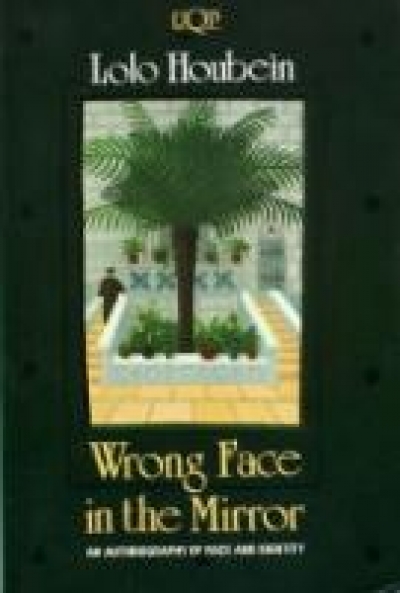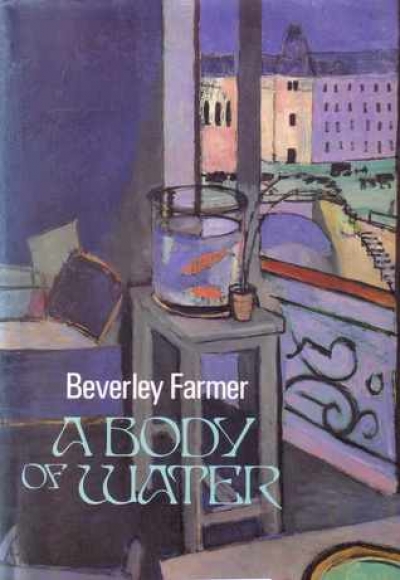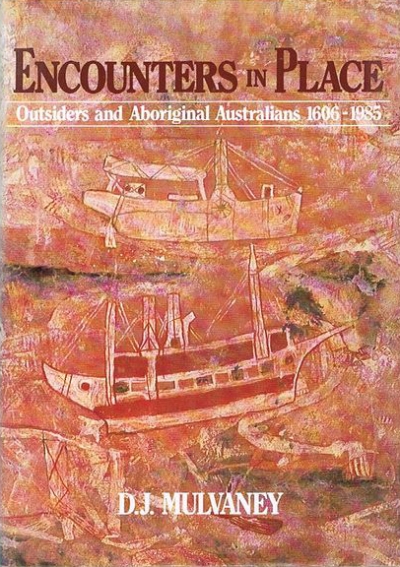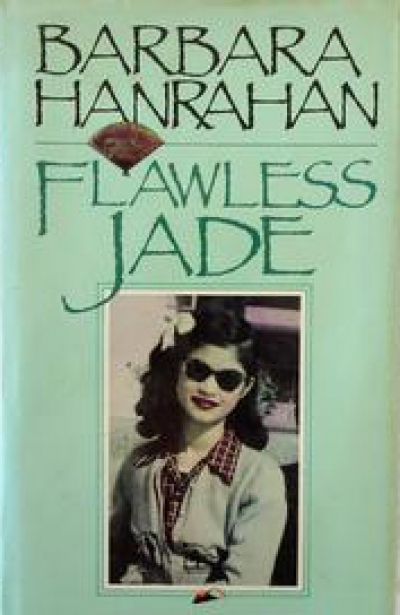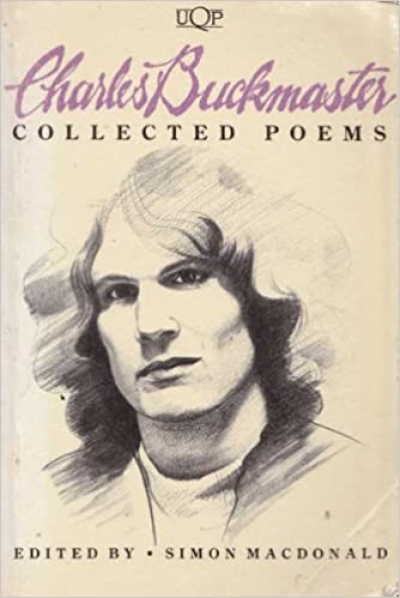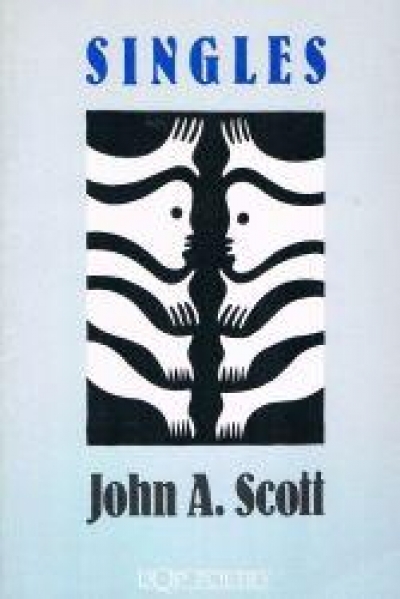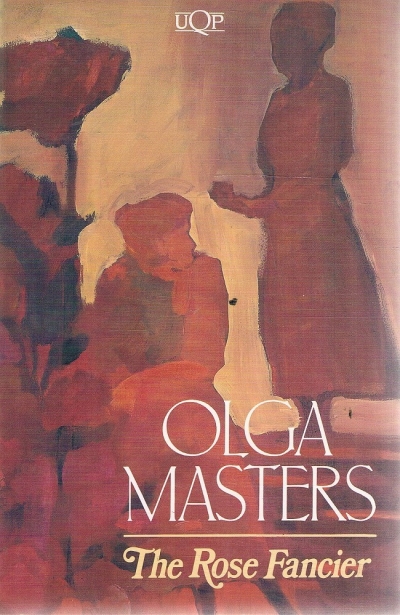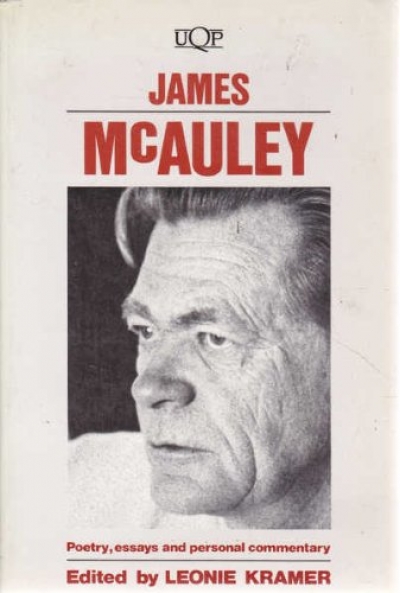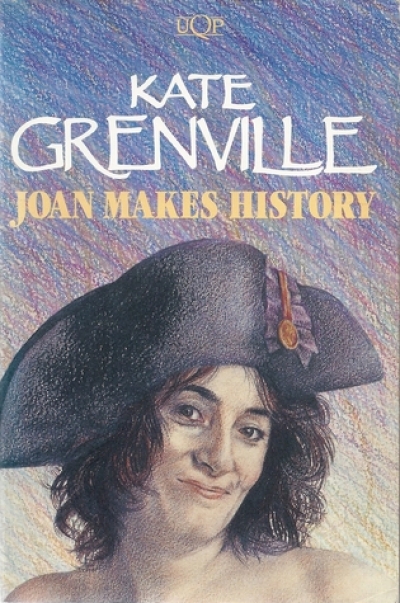University of Queensland Press
Hero, Allan Baillie’s sixth novel for young readers, shows this seasoned storyteller at his best. Succinct yet incisive, it is a highly disciplined display of how tight technique can turn a single incident into an exciting story. Right from the first line, ‘A single drop of water exploded on Pamela Browning’s open exercise book’, we know we are on the precipice of an event towards which every mumble on the earth and rumble in the sky lead.
... (read more)Wrong Face in the Mirror: An Autobiography of Race and Identity by Lolo Houbein
by Margot Luke •
Encounters in Place: Outsiders and Aboriginal Australians by D.J. Mulvaney
by Deborah Bird Rose •
James McAuley: Poetry, essays and personal commentary edited by Leonie Kramer
by Lyn McCredden •

